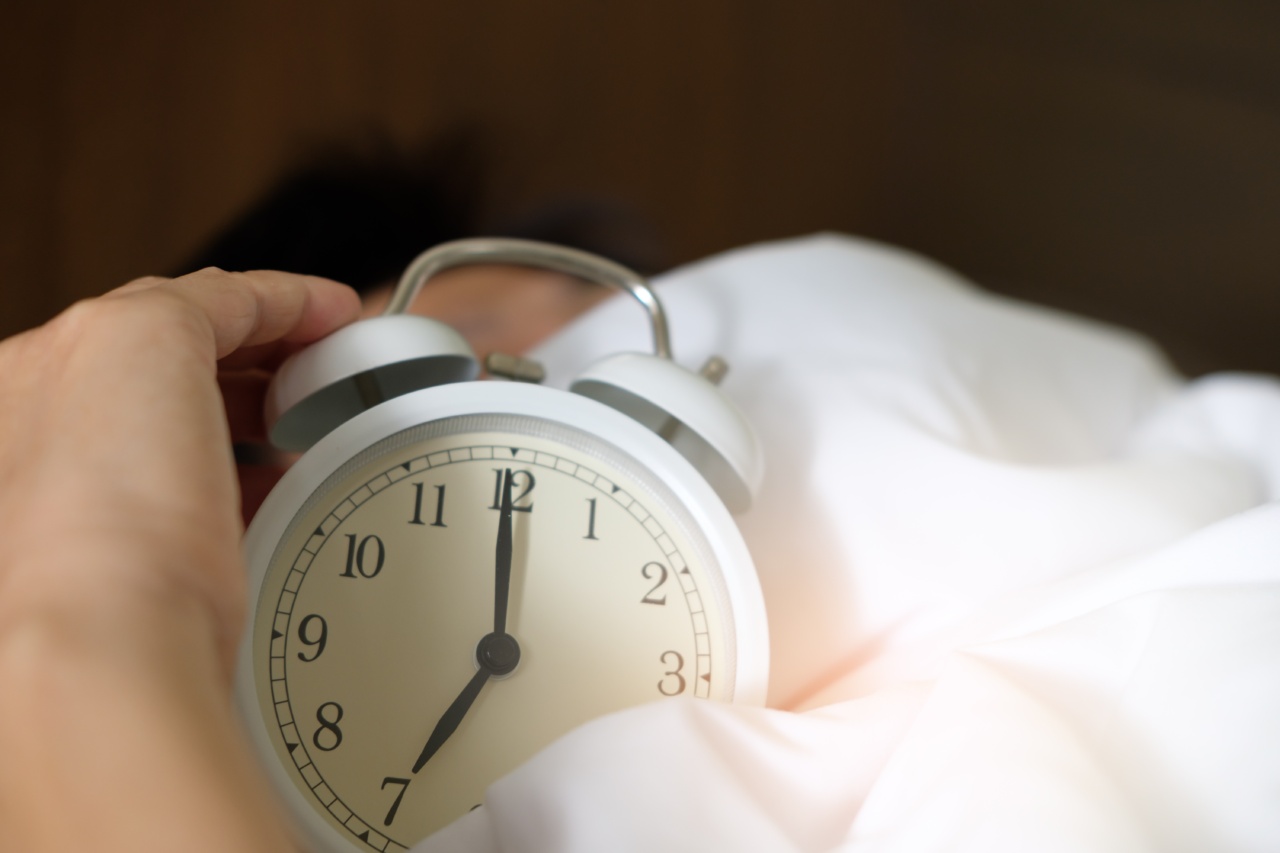What could be more tempting than hitting snooze and getting a few extra minutes of sleep? Most people love the feeling of comfort they get rolling over and dozing off for just a bit longer.
But does it really help? Does snoozing provide us with the kind of sleep we need, or does it have the opposite effect? In this article, we’ll learn more about the effects of snoozing and why you may want to consider more of it for a better sleep experience.
Understanding Sleep Cycles
Before we delve into snoozing, let’s talk about sleep cycles, and how they work. Humans’ sleep is divided into different stages, known as Rapid Eye Movement (REM) and Non-Rapid Eye Movement (NREM).
NREM is where most of our sleep happens, while REM sleep is where our most vivid dreams take place.
A sleep cycle includes four phases, and each phase can last between 60 and 90 minutes, depending on the individual. In a full night’s sleep, most of us go through four to six sleep cycles, meeting our body’s sleep requirements.
The Snooze Button
A snooze button is a small but effective option that comes in handy when we want to have a more prolonged sleep. When we hit the snooze button, it sets off a chain reaction in our minds and bodies, preparing us for more sleep.
But is there any harm in enjoying an extended sleep session?.
Snoozing has a negative effect on our circadian rhythm, which is our body’s 24-hour cycle sleep pattern. When we hit snooze in the morning, it interrupts our natural rhythm, making it more difficult to get up and start our day.
The Science of Sleep Inertia
Have you ever woken up feeling groggy and disoriented after an extended sleep session? This feeling is known as sleep inertia, and it is our body’s natural reaction to being woken up in the middle of a sleep cycle.
When we wake up, our bodies are still in the process of getting rid of the sleep hormone produced during the night. Snoozing is like snoozing a reset button for the body, stopping sleep inertia and giving us the chance to be more alert and productive after waking up.
How Snoozing Works
Snoozing doesn’t provide additional sleep, nor does it affect sleep quality. Instead, it works by allowing the body to get into a more natural waking rhythm.
When we go back to sleep after hitting snooze, we’re essentially entering a new sleep cycle.
When we hit snooze, our internal clock and body begin to reset, sending a signal to our mind that it’s time to wake up. This process takes some time, which is why snoozing can be effective in resetting our brains and bodies.
The Benefits of Snoozing
For those who struggle with getting up in the morning, snoozing can be an excellent tool for helping them to wake up more naturally.
It can be especially helpful for people who are not morning people, as it allows them to get more sleep without having to sacrifice a portion of their sleep time.
Additionally, snoozing can be helpful during times of stress or illness. During times like these, the body needs more rest to recover.
Snoozing can help you to feel more energized and refreshed, allowing you to tackle the day with more confidence and positivity.
The Drawbacks of Snoozing
Snoozing can be a double-edged sword. It can be detrimental to our waking habits if misused. Over-snoozing, meaning having more than one or two snoozes, can disrupt our mental health and sleep patterns.
Too much sleep can make us feel sluggish, tired, and unmotivated. This can impact our productivity for the day, which can lead to further negative effects on our mental health and wellbeing.
Snoozing can also lead to sleep deprivation if misused. If you hit snooze repeatedly, you’re putting your body deeper into a sleep cycle, which can lead to the body’s release of sleep hormone, making it more difficult to wake up later on.
Tips for Successful Snoozing
Now that we’ve talked more about snoozing, let’s discuss how to do it most efficiently. To get the best results from snoozing, try to establish a consistent sleep routine.
This means setting a consistent sleep and wake-up time, even on weekends. By creating a consistent routine, it helps keep our body in sync with our internal clock.
Avoid using electronic devices late at night, as they can disrupt sleep patterns and lead to a more challenging time waking up.
Instead, try to get as much natural light exposure as possible in the morning, as it can jolt our body into a more natural waking state.
Setting a loud and reliable alarm clock is key in maintaining your sleep routine. Try and choose a tone that’s not too harsh, something you can ease into and wake up to naturally.
The Final Verdict
Snoozing can be an effective tool for resetting our body’s natural rhythms. It can provide us with an extended sleep session, a refreshed feeling, and better productivity throughout the day.
With the right sleep habits and consistent wake-up times, snoozing can be an excellent way to get a good night’s rest and start the day off right.
However, snoozing can be misused and lead to sleep deprivation, which can have adverse effects on our mental health and wellbeing.
It is important to learn the appropriate way to use snoozing and ensure that it’s not impacting our circadian rhythm and ultimate sleep goals.































